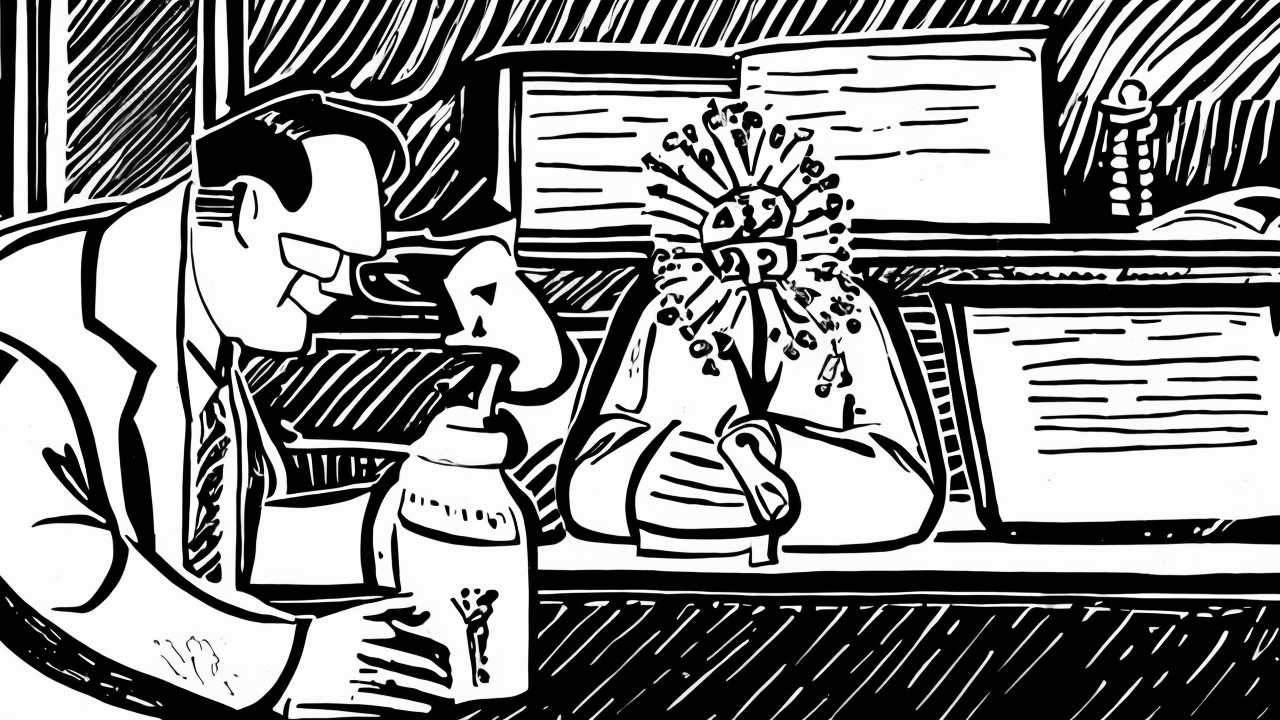Study Finds Women Who Abort Are Twice as Likely to Be Hospitalized for Mental Health Issues

A recent study examining health data from Quebec, Canada, between 2006 and 2022 has revealed a notable pattern linking abortion to increased mental health challenges. Among nearly 1.3 million women who carried pregnancies to term, only 42 out of every 10,000 required hospitalization for mental health reasons each year. In contrast, women who had abortions—28,721 in total—were hospitalized for mental health issues at a rate of 104 per 10,000 annually. This nearly twofold increase suggests a significant association, even if it does not prove direct causation.
The data show that the risk is especially high for women under the age of 25 and those with preexisting mental health conditions. These groups are already navigating emotional complexity, and the decision to terminate a pregnancy can intensify existing struggles. The study also found that the elevated risk of hospitalization remains measurable for up to 17 years after the procedure, gradually decreasing but not vanishing entirely. This long-term trend indicates that the psychological impact of abortion may extend well beyond the immediate period.
While the study does not claim that abortion causes mental illness, it does confirm that abortion is linked to a higher likelihood of mental health crises. This finding is consistent with clinical observations and long-standing concerns about the emotional weight of ending a pregnancy. For many women, this experience is not simply a medical event—it is a deeply personal choice shaped by difficult circumstances such as financial hardship, unstable relationships, or a lack of social support.
From a conservative Christian viewpoint, these findings reinforce the belief that human life is sacred from conception. This principle is not only legal or political; it is rooted in a moral and spiritual conviction that every person, regardless of age or developmental stage, bears the image of God. Yet this belief also calls for compassion, not judgment. Women facing unplanned pregnancies deserve more than protection for their unborn child—they need care, dignity, and support for their own emotional and psychological well-being.
Society must respond by creating alternatives to abortion. Instead of treating abortion as a default solution, we should invest in systems that help women choose life with confidence and hope. This includes expanding access to prenatal care, affordable housing, quality childcare, and mental health counseling. It means strengthening families through community networks, faith-based organizations, and local support groups that offer real, practical help.
Behind every statistic is a woman who needs care, not condemnation. When we devalue life—even in its earliest stages—we risk weakening the emotional and psychological health of individuals and communities. A culture that normalizes the termination of unborn life may unintentionally send the message that human life is disposable, especially during vulnerable moments. This erosion of the sacred contributes to a broader crisis of meaning, connection, and mental well-being.
The goal should not be to criminalize or shame women who have had abortions. Instead, we must work toward a culture where such decisions are made with support, not isolation. We must build environments where women feel seen, heard, and empowered—even when carrying a child to term is difficult.
The Quebec data are more than numbers. They are a wake-up call. For those who value human dignity and the strength of family, they remind us that true progress is not measured by how many lives are ended, but by how many are protected, nurtured, and restored. By choosing compassion, investing in community, and affirming the sacredness of every life, we can create a society where no woman feels abandoned in her most challenging moments. In that vision, every life is worth fighting for—and every woman deserves to be seen, supported, and restored.
Published: 9/6/2025








